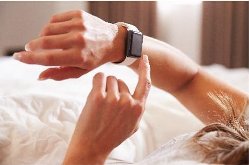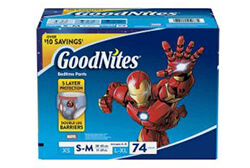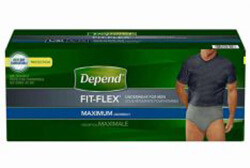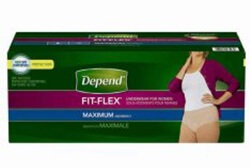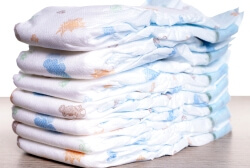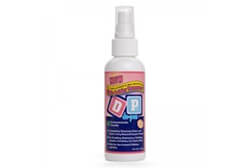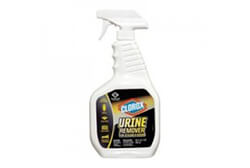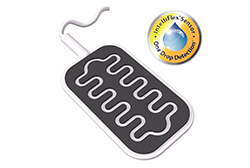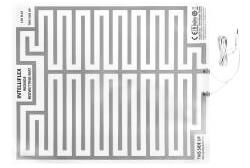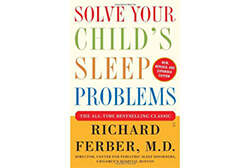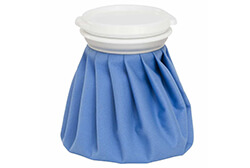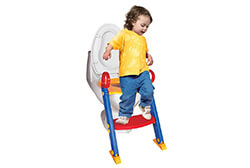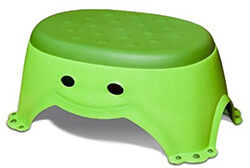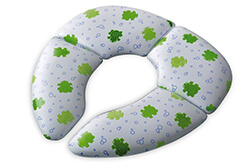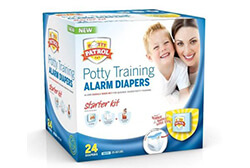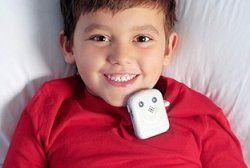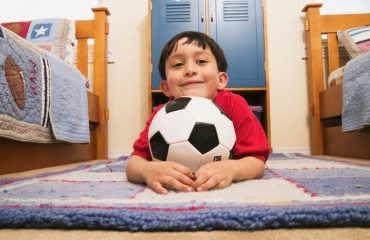
Top 5 Myths About Bedwetting Accidents
Last Updated on February 17, 2023 by One Stop Bedwetting
Bedwetting is one of the most common health issues for a child age six and older who still wets the bed at night. Primary nocturnal enuresis also called nighttime bed-wetting is the involuntary loss of urine at night when your child could reasonably be expected to stay dry. If your child is currently going through bedwetting , you’ve most likely been searching for information about how to manage this because bedwetting can impact family life, sleep quality, sleepovers, camps, holidays and more importantly – your child’s self-esteem, particularly as your child gets older. There are many myths about bedwetting and there is a lot of misinformation circulating both online and offline.
Myth — Only deep sleeper or lazy children wet the bed.
False — Bedwetting usually is the result of late bladder development that’s why some children produce too much urine in their sleep and their bladder doesn’t send a signal to the brain to wake up when the bladder is full and it empties automatically. The child is not being lazy, they are simply not getting the signal to wake up. Some Children with bedwetting may have a higher threshold for loud noises than other children. It is not, therefore, the cause of bedwetting but it can make treatment of bedwetting more challenging. There are, however, a large variety of bedwetting alarms to help train the brain of a deep sleeper to wake with the loud sound of the alarm and eventually it trains the child’s brain to get the feeling of a full bladder.
Myth — Most children outgrow bedwetting eventually so for parents to be patient is appropriate.
True — However few researches indicate that only around 15% of children will stop bedwetting each year. Emotionally, enuresis seriously impacts children and their families. Children are under lot of unhappiness and stress during this time. It can lead to low self-esteem issues too. So, it’s important to help them understand that it’s not their fault and come up with a management plan together, rather than ignore the problem. A safe treatment regime with no side effect is highly recommended. Use the Chummie bedwetting alarm when your child is ready and wants to stop his or her bedwetting.
Myth — Punishing children will help them to stop wetting the bed.
False — Punishing a child for wetting the bed when they are sleeping and have no control over it is hurtful and humiliating that can make them loose their self-respect and confidence. It can lead to other behavioral problems like feelings of shame and isolation. Dealing with bedwetting can be difficult and tiring but parents need to try and stay as calm and supportive of their kids. If a parent, grandparent, aunt, or uncle with a history of bedwetting can share their experience, it would be a great boost to the child. It can be very comforting to know for your child that any of their elders has gone through the same.
Myth — Drinking too much water the full day causes Bedwetting.
False — For a child drinking sugary or energy drinks within the two hours of going to bed can aggravate bedwetting however, but this alone will not solve the problem. It is important that your child starts drinking enough water early on in the day and continues drinking a good amount of water throughout the whole day. When it gets closer to the night, children should not be excessively thirsty and seeking to make up for inadequate daytime water intake.
Myth — Medication is a sure cure for bedwetting
False— Medication for bedwetting can be a good to stop when children go for sleepovers and school camps, but do not cure bedwetting long term. Around 70% of children start wetting the bed again once they stop taking medication. They are expensive and runs the risk of uncommon but severe side effects. Bedwetting alarms are effective and have higher success rate in training children not to wet the bed at night while sleeping.








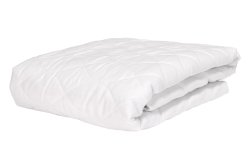 Our #1 Top SellerIdeal for Daily Use
Our #1 Top SellerIdeal for Daily Use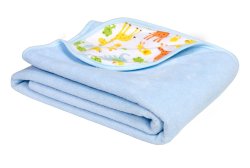 Premium Quality BeddingSoft and Comfortable
Premium Quality BeddingSoft and Comfortable Premium Quality BeddingLarge Urine Absorption
Premium Quality BeddingLarge Urine Absorption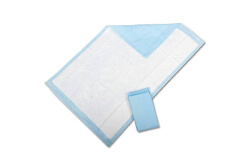 AFFORDABLE PRICECHANGE DAILY AS NEEDED
AFFORDABLE PRICECHANGE DAILY AS NEEDED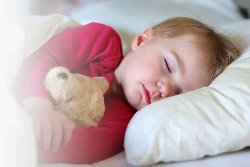
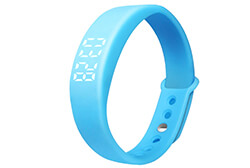 Sleek, Stylish and Affordable Watch
Sleek, Stylish and Affordable Watch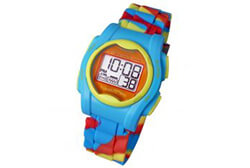 Multi-Function Watch with Numerous Features
Multi-Function Watch with Numerous Features Recommended watch for teens and adults
Recommended watch for teens and adults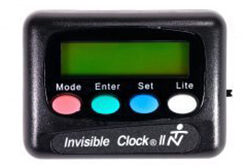 Perfect for medication and other reminders
Perfect for medication and other reminders